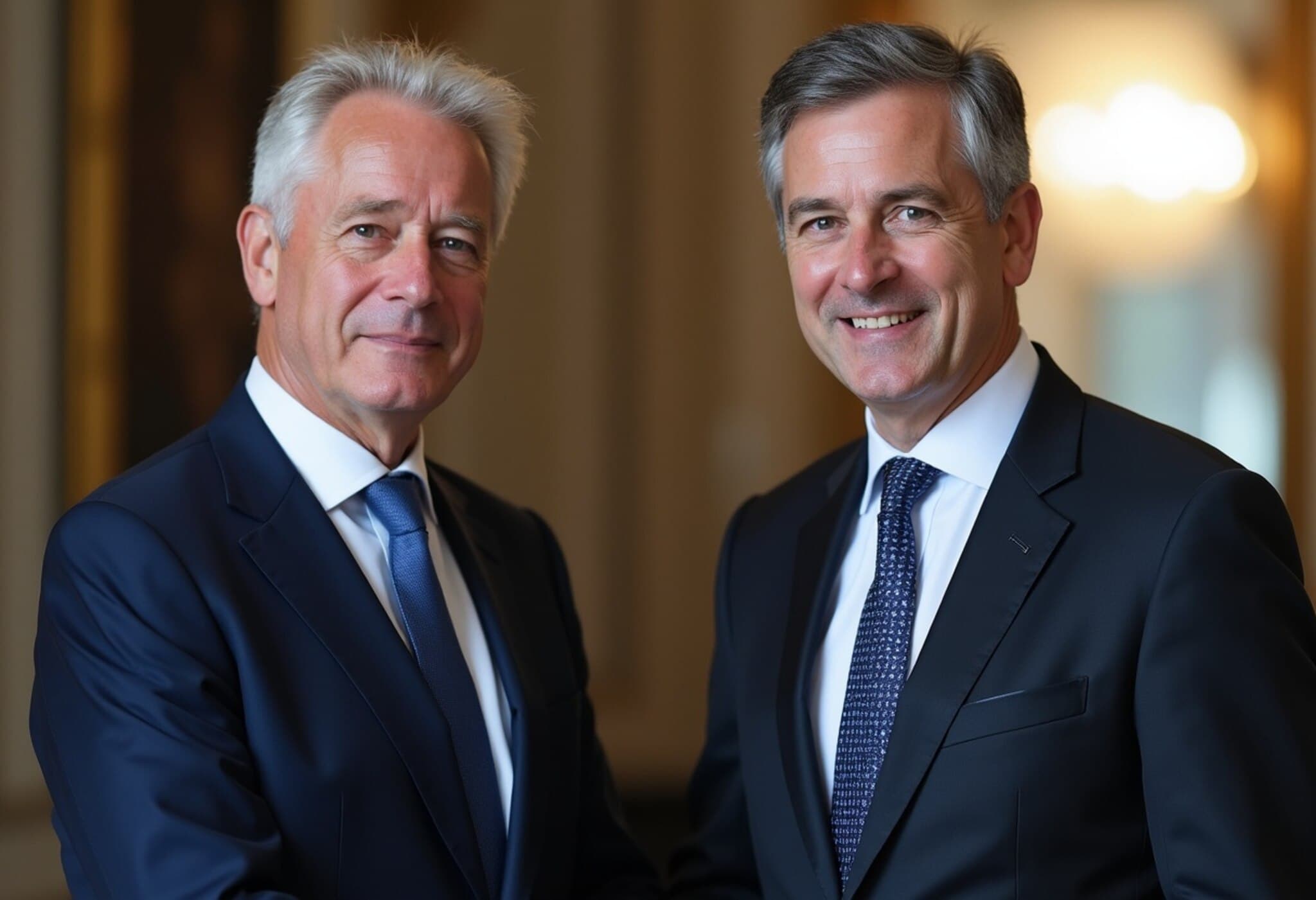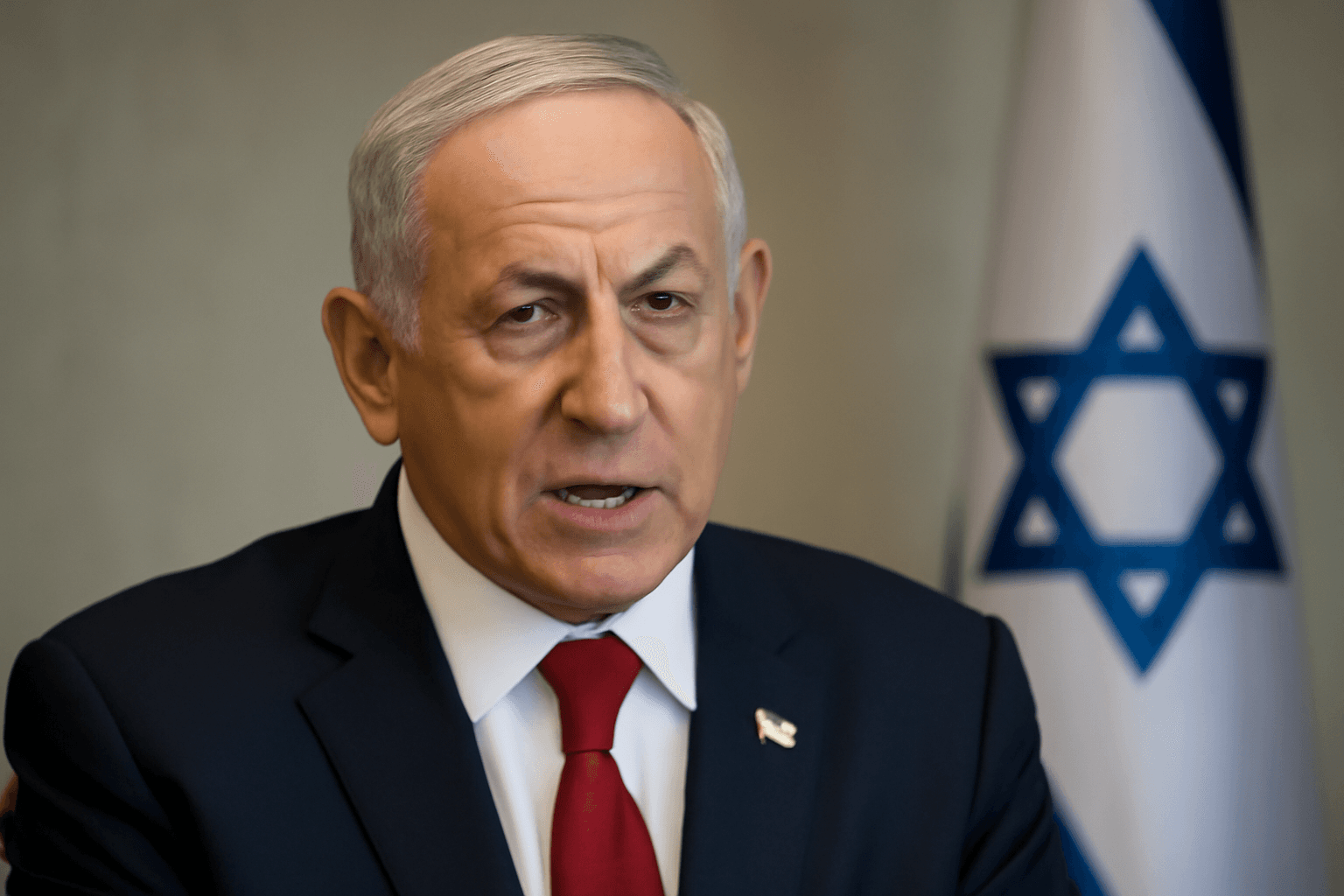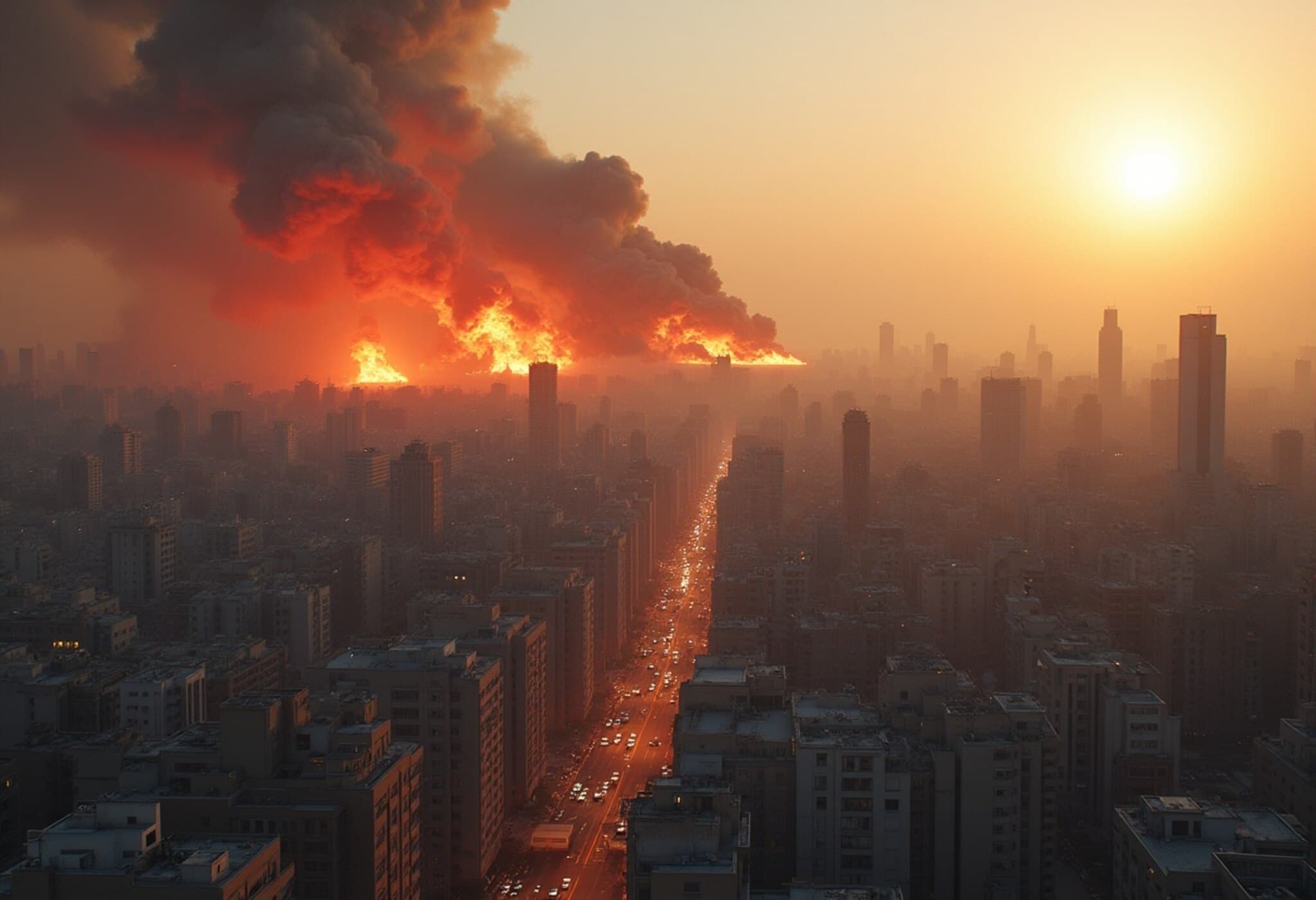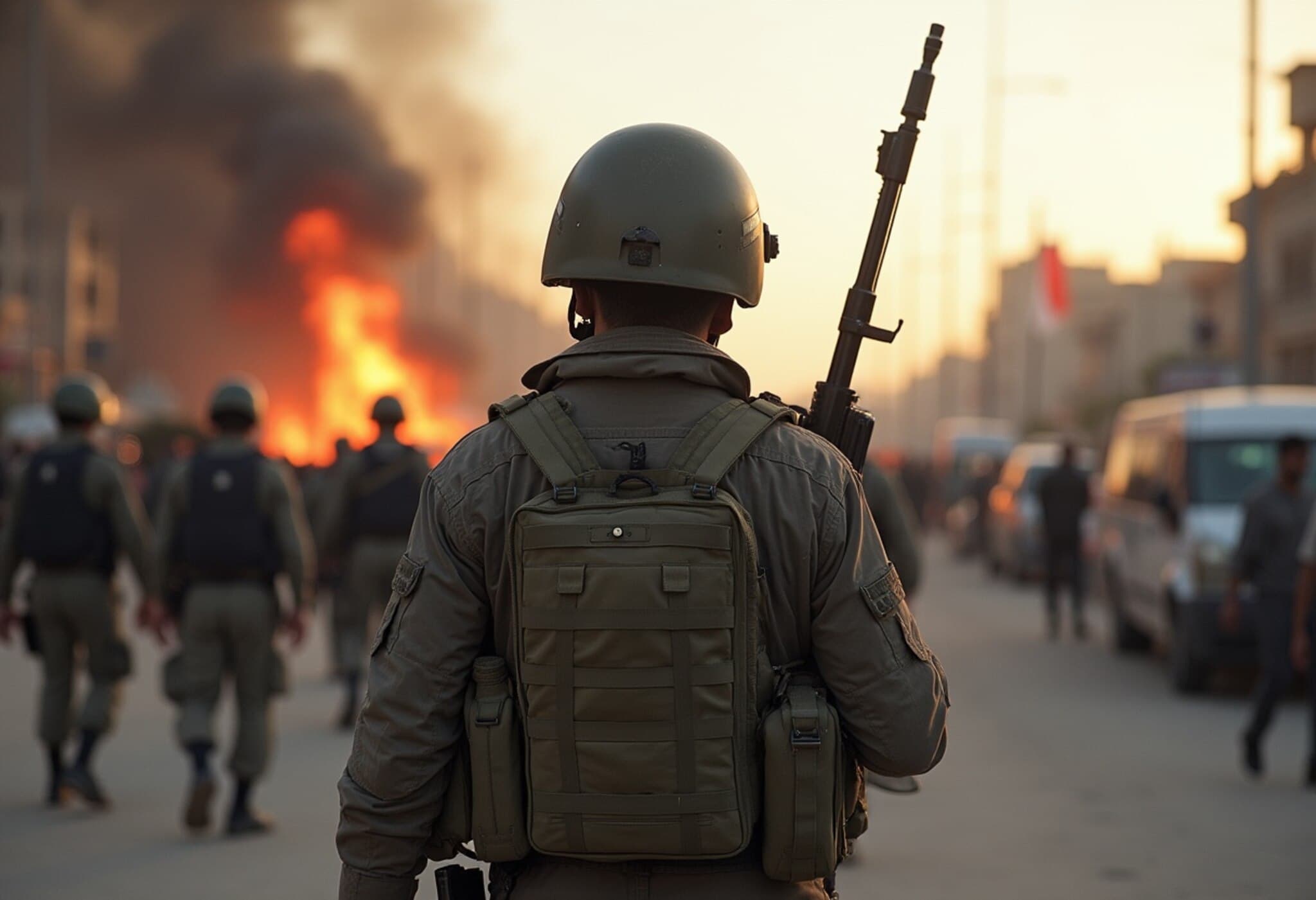US Maintains No Plans to Recognize Palestinian State, Says VP JD Vance
In a significant moment of diplomatic clarity, US Vice President JD Vance asserted that Washington holds "no plans" to formally recognize a Palestinian state. His remarks came ahead of critical talks with UK Foreign Secretary David Lammy, focusing on some of the most complex geopolitical crises of our time.
High-Stakes Meeting at Chevening
Meeting at Chevening — the official residence of the UK foreign secretary just outside London — Vance and Lammy exchanged views on the ongoing Israel-Hamas conflict, the repercussions of Russia’s invasion of Ukraine, and pressing global economic concerns. The timing is crucial, as tensions in Gaza remain volatile and diplomatic efforts intensify.
The UK government has declared a potential move to recognize a Palestinian state by September, contingent on Israel agreeing to a ceasefire in Gaza. Responding to this, Vice President Vance expressed skepticism about the practical implications of such recognition, noting the absence of "a functional government" in Palestinian territories as a critical barrier.
Different Approaches to Peace and Diplomacy
When questioned about whether former President Donald Trump had prior intelligence on Israel’s reported plans to occupy Gaza City, Vance refrained from confirmation, stating, "If it was easy to bring peace to that region of the world, it would have been done already." This remark underscores the persistent challenges in Middle East peace negotiations.
The meeting highlights the subtle but important divergences between US and UK diplomatic approaches. The UK advocates for Ukraine’s inclusion in any peace negotiations, emphasizing a multilateral pathway, whereas the US under Trump's influence had prioritized direct bilateral dialogue with Russian President Vladimir Putin.
Expanding the US-UK Partnership Amid Conflict
Beyond geopolitical strategy, the talks also cover trade matters, particularly the US-UK negotiations on British steel and aluminum exports, which are vital to reinforcing economic ties post-Brexit. Both countries are working to finalize components of a broader trade agreement initially announced in June 2025.
Crossing Political Lines with Personal Bonds
Interestingly, despite their contrasting political backgrounds—Vance aligned with the Republican “America First” agenda, and Lammy a Labour Party stalwart—they’ve built a personal rapport. Lammy described their connection as rooted in shared experiences of challenging working-class upbringings and common Christian faith values.
- Lammy attended a Catholic Mass at Vance's Washington residence earlier this year.
- They both participated in the inauguration of Pope XIV in Rome this past May.
Such moments of personal connection often underscore how diplomacy extends beyond formal policy, reflecting the human side of political dialogue amid global crises.
On the Ground Reaction and Next Steps
Before the meeting, about two dozen protesters gathered near Chevening, displaying keffiyeh scarves and signs critical of Vance’s positions on the Israel-Palestine conflict—an emblem of the public passions entwined with these debates.
Following the talks, Vance is set to engage with his family in a series of cultural, fundraising, and official engagements in the Cotswolds, including meetings with US military personnel stationed in the region.
Expert Insight: The Broader Implications
From a policy analyst’s perspective, Vance’s firm rejection of Palestinian state recognition signals that US Middle East policy remains cautious and focused on realpolitik rather than symbolic gestures. This stance potentially complicates UK ambitions and reflects Washington’s enduring skepticism about institutional readiness in Palestinian governance.
Moreover, as the US and UK navigate their economic and strategic partnership, these discussions exemplify the balancing act between ideological commitments and pragmatic alliances. The personal rapport between Lammy and Vance also suggests that diplomacy can transcend political divides, a hopeful sign amidst turbulent international relations.
Editor’s Note
JD Vance's clear stance on Palestinian statehood, set against the backdrop of ongoing UK initiatives, spotlights the complex fabric of global diplomacy where ideals, geopolitical realities, and personal bonds intertwine. As the US and UK face simultaneous crises in Ukraine and the Middle East, how they reconcile their differing approaches will shape not only regional stability but also the future of Western alliances.
Readers are encouraged to consider: In a world of protracted conflicts, can diplomacy built on shared personal values create new paths for peace where official policy hesitates? How might economic ties between allies adapt to these evolving geopolitical fault lines? The answers will be critical in the coming months.









